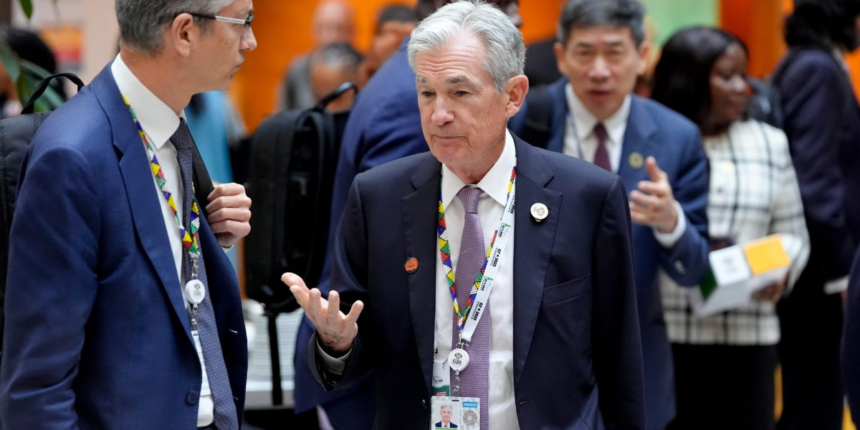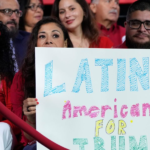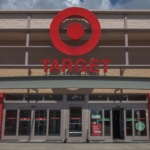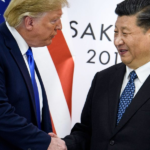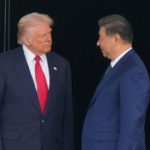On a monthly basis, price increases slowed: They rose 0.3% in September, down from 0.4% the previous month. Core inflation also cooled to 0.2%, from 0.3% in August.
The figures show that inflation continues to rise more slowly than many economists expected when President Donald Trump imposed sweeping tariffs in April. Some of those duties were later reduced as part of trade deals, while many companies have only passed on part of the tariff cost to consumers out of concern that doing so would reduce sales. Businesses may shift more costs to consumers in the coming months if the duties appear permanent.
Chris Zaccarelli, Chief Investment Officer for Northlight Asset Management, said in a statement to Fortune that “much like a Sherlock Holmes’ story, inflation is the dog that didn’t bark.” So many people have been expecting a sharp rise in consumer prices and been position bearishly, he said, but the latest cool reading shows that “the economy – and corporate America – is more resilient than many expected.” Acknowledging that valuations are high and the market has risks, Zaccarelli said it’s still “hard to see an interruption of this year’s bull market.”
“Put simply, while inflation doesn’t appear to be accelerating, neither is it moving back toward target,” said Eric Winograd, chief U.S. economist at asset manager AllianceBernstein. “That will keep the Fed cautious rather than aggressive.”
Gas prices jumped 4.1% just in September from the previous month, a major driver of inflation last month. Grocery prices rose 0.3%, less than in August, and are 2.7% higher than a year ago.
Trump’s duties are pushing up the prices of many goods: Furniture costs jumped 0.9% last month and are 3.8% more expensive than a year ago. Appliance costs rose 0.8% just in September, though they are up only 1.3% from a year earlier. Clothing prices increased 0.7% last month and shoes 0.9%, though neither have risen that much from last year.
Jeffrey Roach, Chief Economist for LPL Financial, said in a statement to Fortune that tariffs were likely the culprit for rising apparel prices in September, citing the Fed’s Beige Book survey which showed that some firms facing tariff-induced cost pressures kept their selling prices largely unchanged to preserve market share and in response to pushback from price-sensitive clients. He also cited lower immigration as a factor behind the lower cost of housing as “inflation for some big ticket items has cooled, most notably in used vehicles and owners’ equivalent rent.”
And the Conference Board, a business research group, finds that consumers are still referencing prices and inflation in responses to its monthly survey on consumer confidence.
Many economists, as well as some Fed officials, expect that the tariffs will create a one-time lift to prices that will fade by early next year. At the same time, inflation excluding the tariffs is cooling, they argue: Rental price increases, for example, are declining on average nationwide.
Yet Trump is imposing tariffs in an ongoing fashion that could raise prices in a more sustained fashion.
For example, the Trump administration is investigating whether to slap 100% tariffs on imports from Nicaragua over alleged human rights violations. The prospect of such steep duties is a major headache for Dan Rattigan, the co-founder of premium chocolate maker French Broad, based in Asheville, N.C.
“We’ve been shouldering some significant additional costs,” Rattigan said. The United States barely produces any cocoa, so his company imports it from Nicaragua, the Dominican Republic, and Uganda. The imports from Nicaragua were duty-free because the country had a trade agreement with the United States, but now faces an 18% import tax.
French Broad raised its prices slightly earlier this year and doesn’t have any plans to do so again. But after the winter holidays, “all bets are off … in what is a very unpredictable business climate,” Rattigan said.


